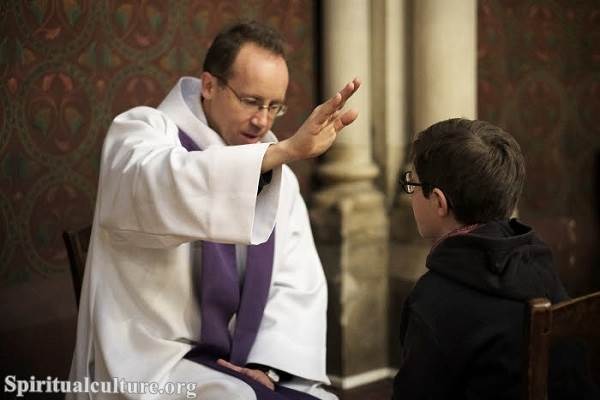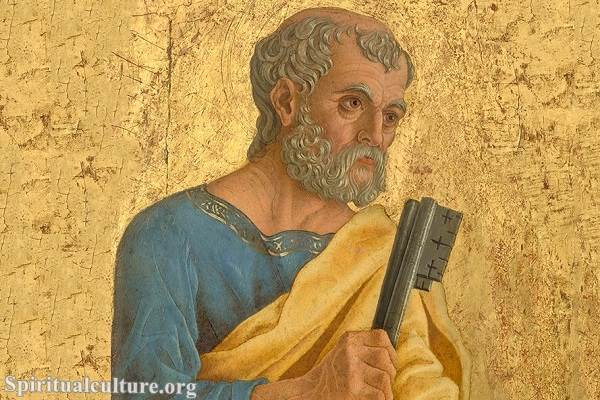A towering figure in the Catholic Church’s history, Saint Alphonsus Liguori is revered for his profound contributions to Catholic doctrine, moral theology, and spiritual writings.
Catholicism: A Bedrock of Faith
Catholicism, the largest sect of Christianity, has a rich and varied history, filled with countless saints who have shaped its doctrines and traditions. One such figure is Saint Alphonsus Liguori, a prominent theologian, bishop, and writer who left an indelible mark on the Catholic faith.
Born in Naples, Italy, in 1696, Saint Alphonsus Liguori was recognized early on for his intellectual prowess. He completed degrees in both civil and canon law by the age of 16 and practiced law for several years before he felt a calling to the priesthood. His journey to sainthood was marked by his dedication to serving the poor and the sick, his commitment to prayer and penance, and his profound writings on Catholic doctrine and moral theology.
Saint Alphonsus Liguori: A Life of Service
St. Alphonsus Liguori’s commitment to the Catholic faith was unwavering. He was ordained a priest in 1726 and spent the following years ministering to the needy and the sick. He founded the Congregation of the Most Holy Redeemer, also known as the Redemptorists, in 1732. This congregation was devoted to evangelistic missions in the rural areas of Italy and focused on teaching and preaching the word of God to the poor and marginalized.
One of the most significant contributions of Saint Alphonsus Liguori to Catholicism was his work in moral theology. He sought to balance the rigorist and laxist extremes of his time by promoting a more moderate and pastoral approach. His most famous work, “Moral Theology,” was widely recognized for its practicality and compassion, leading to his proclamation as a Doctor of the Church in 1871.
Saint Alphonsus Liguori was also known for his deep devotion to the Blessed Virgin Mary. His book “The Glories of Mary” is considered a classic in Marian devotion, offering reflections on her virtues and role in the salvation history.
St. Alphonsus Liguori’s Legacy in Catholicism
The legacy of St. Alphonsus Liguori in the Catholic Church is profound. He was beatified in 1816 and canonized in 1839. In 1871, Pope Pius IX declared him a Doctor of the Church, a title bestowed on saints recognized for their significant contribution to theology or doctrine.
Today, St. Alphonsus Liguori’s teachings continue to influence Catholic moral theology. His writings are still widely read and studied, and his approach to pastoral care remains relevant. His feast day, celebrated on August 1, is a reminder of his life dedicated to the service of the poor and the proclamation of the Gospel.
In conclusion, Saint Alphonsus Liguori stands as a beacon of Catholicism. His life, teachings, and writings continue to inspire and guide Catholics worldwide. His commitment to the faith, his profound theological insights, and his compassionate approach to moral issues make him an enduring symbol of the Catholic Church’s mission to spread the love of Christ to all.




